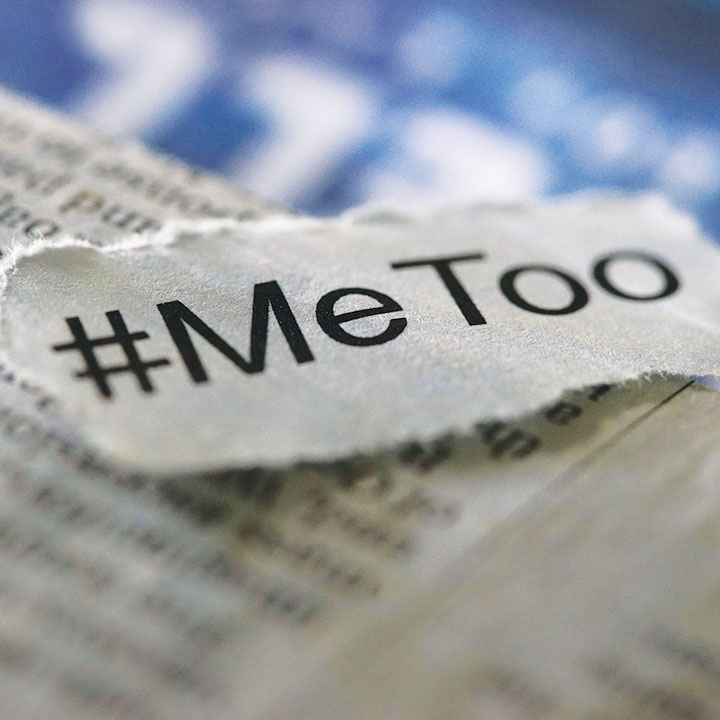About a year ago, the #MeToo movement hit, and it’s still rare to turn on the television or pick up a newspaper without hearing or reading a segment on a high-profile professional accused of sexual harassment. As a result, states have begun to review and overhaul their related laws. Staffing firms across the country, and especially those with candidates working in New York and California, should take note that the laws surrounding sexual harassment are becoming much stricter. For example, New York enacted significant changes to sexual-harassment laws that affect employers and employees. While the following information centers around New York laws, it is important that every staffing organization maintain broad-minded policies. A few key takeaways that employers should especially note are:
Sexual-harassment training. Similar to California, New York will now require employers with 15 or more employees to conduct annual sexual-harassment training for all employees. In order to assist employers in developing training programs, New York will be creating a series of online training modules. Even staffing firms without a New York presence may want to review and utilize the modules for their employee bases. Employers may use their own training program in lieu of the New York Department of Labor’s model, but the training program must be consistent with the minimum standards that the Department of Labor sets. Employers should note that the law states that the training must be “interactive.”
Employers will be required to train employees after 90 days of employment and keep training records with acknowledgments from the employee for a minimum of three years. Sexual-harassment policy. New York state employers must also implement and distribute each year a sexual-harassment policy that meets a model policy that will be created by the New York State Division of Human Rights and the Department of Labor. Employers are not required to use the model policy, but policies must include certain criteria, such as examples of prohibited conduct, the employer’s complaint procedure as well as a standard complaint form, and information regarding employees’ rights of redress.
Extension of protections to nonemployees. New York state employers will also be responsible for protecting not just their employees against sexual harassment, but certain nonemployees as well. It is important that companies understand and have strict policies on how their employees interact with contractors, freelancers and vendors. If your candidates are not working at your site, it is essential that you work with your client to set guidelines and that you establish clear written policies that will allow your candidates to come forward if they believe they have witnessed or are a victim of sexual harassment. Prohibition of nondisclosure agreements.
There are also changes to the use of nondisclosure agreements during settlements of sexual-harassment claims. Defendants may not use nondisclosure provisions to resolve any sexual-harassment claims unless the complainant prefers such language. The complainant must also be provided with a period of 21 days prior to the execution to consider the clause and seven days to revoke their acceptance following execution of the agreement.
Prohibition of mandatory arbitration. Employers are now prohibited from requiring sexual-harassment claims to be submitted to mandatory arbitration unless the clause is contained in a collective bargaining agreement.
The best way to protect your organization is by implementing sound and progressive policies and staying up to date on the changing landscape to ensure that your sexual harassment policies are strong enough to hold up to the most progressive laws.







